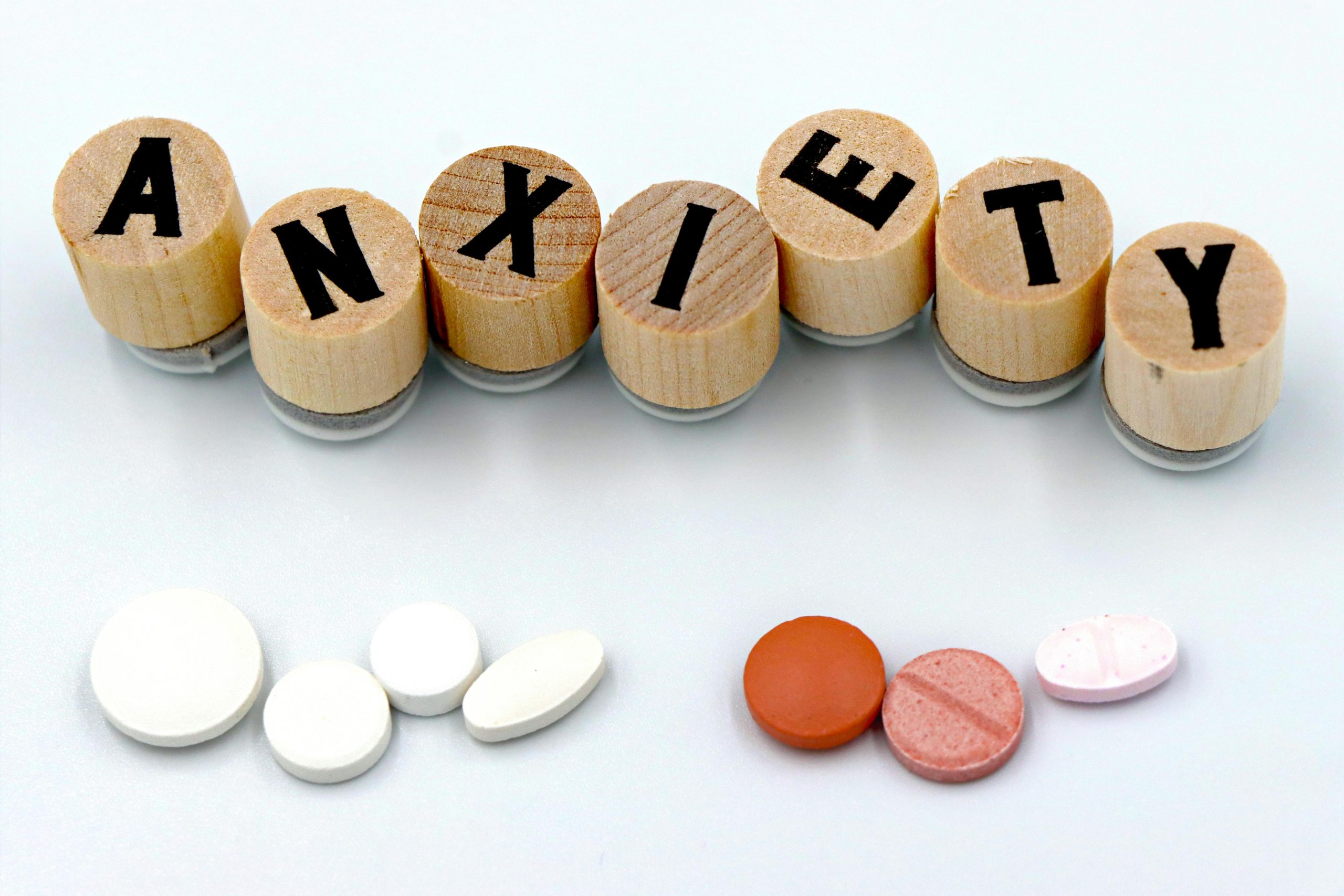Anxiety is a common yet challenging experience that affects millions of people worldwide. While medication can be helpful for some, many individuals prefer natural approaches to manage their symptoms. Whether you’re looking to reduce reliance on pharmaceuticals or simply explore holistic alternatives, there are effective, science-backed strategies to help you cope with anxiety without medication. This guide explores practical, natural methods to ease anxiety and improve mental well-being.
Understanding Anxiety and Its Triggers
Before diving into coping strategies, it’s essential to understand what anxiety is and what might be triggering it. Anxiety is the body’s natural response to stress, characterized by feelings of fear, worry, or unease. While occasional anxiety is normal, chronic anxiety can interfere with daily life.
Common Anxiety Triggers
- Stressful life events: Job changes, financial difficulties, or relationship issues.
- Health concerns: Chronic illness or fear of medical conditions.
- Caffeine and sugar: Excessive intake can worsen anxiety symptoms.
- Lack of sleep: Poor sleep quality or insomnia can heighten anxiety.
- Social situations: Public speaking or social gatherings may trigger anxiety.
Recognizing your personal triggers is the first step toward managing anxiety naturally. Once you identify them, you can implement targeted strategies to reduce their impact.
Lifestyle Changes to Reduce Anxiety
Simple lifestyle adjustments can make a significant difference in managing anxiety. These changes promote overall well-being and help build resilience against stress.
Prioritize Sleep
Sleep and anxiety are closely linked. Poor sleep can exacerbate anxiety, while anxiety can make it harder to sleep. To improve sleep quality:
- Establish a consistent bedtime routine.
- Avoid screens at least an hour before bed.
- Create a calm, dark, and cool sleeping environment.
- Limit caffeine and heavy meals in the evening.
Exercise Regularly
Physical activity is one of the most effective natural remedies for anxiety. Exercise releases endorphins, which are natural mood boosters. Aim for at least 30 minutes of moderate exercise most days of the week. Activities like walking, yoga, or swimming can be particularly soothing.
Eat a Balanced Diet
Nutrition plays a crucial role in mental health. A diet rich in whole foods, lean proteins, and healthy fats can stabilize mood and energy levels. Consider incorporating:
- Omega-3 fatty acids (found in fish, flaxseeds, and walnuts).
- Magnesium-rich foods (such as leafy greens, nuts, and whole grains).
- Probiotics (from yogurt, kefir, or fermented foods) to support gut health, which is linked to anxiety.
Mindfulness and Relaxation Techniques
Practicing mindfulness and relaxation can help calm an overactive mind and reduce anxiety symptoms. These techniques encourage present-moment awareness and relaxation.
Deep Breathing Exercises
Deep breathing activates the body’s relaxation response. Try the 4-7-8 technique:
- Inhale deeply through your nose for 4 seconds.
- Hold your breath for 7 seconds.
- Exhale slowly through your mouth for 8 seconds.
Repeat this cycle a few times to feel more grounded.
Meditation and Yoga
Meditation helps train the mind to focus and let go of anxious thoughts. Even 10 minutes a day can make a difference. Yoga combines movement with breathwork, making it an excellent practice for reducing stress and anxiety.
Progressive Muscle Relaxation
This technique involves tensing and relaxing different muscle groups to release physical tension. Start with your toes and work your way up to your head, holding each tension for a few seconds before releasing.
Natural Supplements and Herbal Remedies
Certain herbs and supplements have been shown to support anxiety relief. Always consult a healthcare provider before starting any new supplement.
Chamomile
Chamomile tea or supplements contain compounds that promote relaxation and may reduce mild anxiety.
Lavender
Lavender essential oil or supplements have calming properties. Diffusing lavender oil or using it in a bath can help ease tension.
Valerian Root
Often used for sleep support, valerian root may also help reduce anxiety symptoms.
Magnesium
Magnesium deficiency has been linked to anxiety. Incorporating magnesium-rich foods or supplements (under professional guidance) may help.
Building a Support System
Social connections play a vital role in mental health. Isolation can worsen anxiety, while a strong support network provides comfort and perspective.
Talk to Someone You Trust
Sharing your feelings with a friend, family member, or therapist can alleviate emotional burden. Sometimes, just voicing your worries can make them feel more manageable.
Join a Support Group
Connecting with others who experience anxiety can reduce feelings of loneliness. Look for local or online support groups where you can share experiences and coping strategies.
Limit Negative Influences
Reduce exposure to toxic relationships or environments that heighten stress. Surround yourself with positive, uplifting people who encourage your well-being.
Conclusion
Managing anxiety without medication is possible with the right strategies. By understanding your triggers, making lifestyle adjustments, practicing mindfulness, exploring natural remedies, and building a support system, you can take control of your anxiety and improve your quality of life. Remember, progress takes time—be patient with yourself and celebrate small victories along the way. If anxiety persists or worsens, consider seeking professional guidance to explore additional options tailored to your needs.


